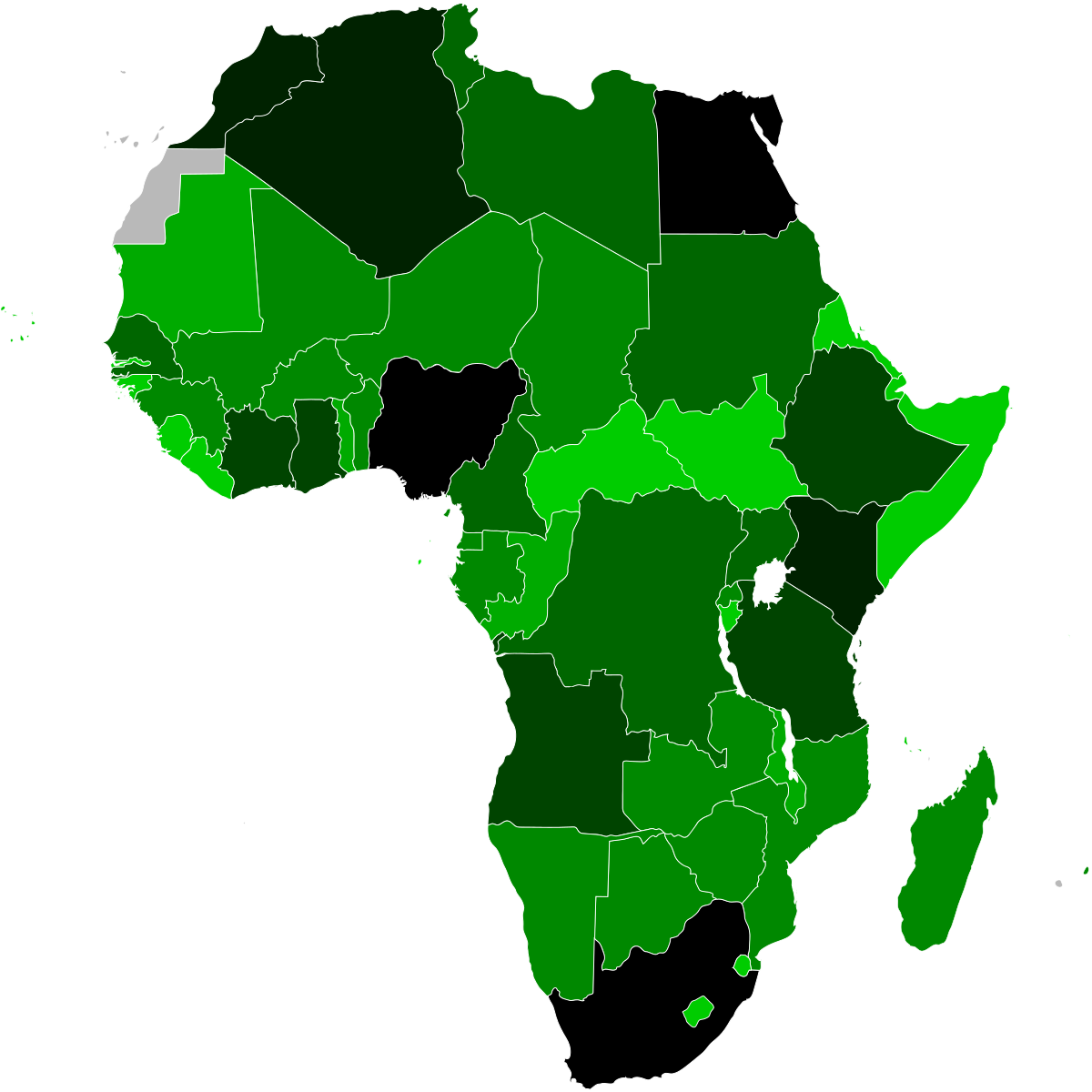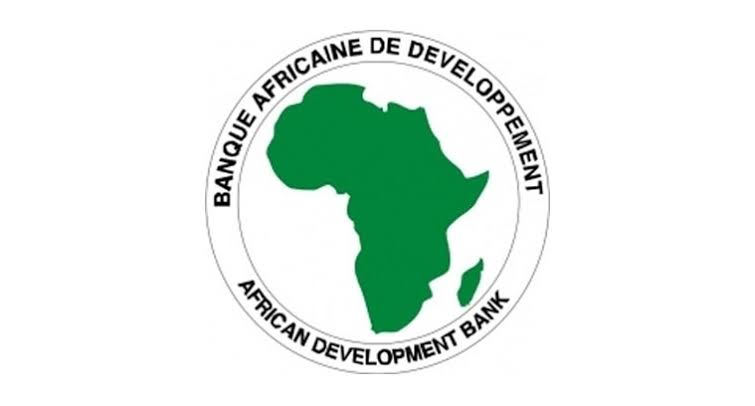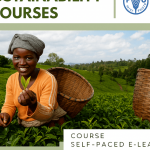Real GDP is projected to grow by 3.4% in 2021 after contracting by an estimated 2.1% in 2020
Africa is set to recover from its worst recession in half a century. Real GDP is projected to grow by 3.4% in 2021 after contracting by an estimated 2.1% in 2020, mainly due to COVID-19 related disruptions, according to the African Development Bank’s (www.AfDB.org) recently released African Economic Outlook (AEO) (https://bit.ly/3lMe67I). The pandemic also caused deep scars in the financing and debt landscape of the continent that may linger on if not quickly addressed.
At the launch of the AEO, Nobel laureate Joseph Stiglitz rightly explained how the COVID-19 pandemic caused both demand- and supply-side shocks in the continent. “It affected the demand for exports of African countries…but it also affected the willingness of people to work in some of the more exposed sectors and its effects were very disparate across different sectors.”
Following Stiglitz’s train of thought, Africa’s projected recovery will be subject to an unusually high level of uncertainty and risks, as is also pointed out in the analyses of the AEO.
Recovery prospects and risks
The most obvious risk to the recovery is the disease itself. The emergence of more contagious strains of the COVID-19 virus could derail the recovery process. Furthermore, if progress in deploying safe and effective treatment is slower than expected, governments would have to reinstate restrictions. On the upside, if COVID-19 therapeutics and vaccines become accessible in the continent earlier than anticipated, the growth projection for 2021 could be exceeded, leading to a more robust recovery.
Another risk factor relates to the financial inflows to the continent. Although commodity prices have recovered somewhat from the low levels seen in mid-2020, they remain subdued compared to their pre-pandemic levels. Remittances are estimated to have dropped by nearly 10% in 2020, while tourism, foreign direct investments, and portfolio investments were halted in many countries. If these sources of inflows do not rebound, public finances in many African economies will remain suppressed, jeopardizing the projected recovery.
Social and geopolitical tensions in the region are also a major source of risk. The number of conflict-related events in the continent, including political violence, rose in 43 countries in 2020. If these tensions are not properly defused, they could result in policy uncertainty, dampening investor confidence, and could ultimately derail growth prospects.
Policies to sustain the recovery
In the end, government policies could make or break the recovery. For example, governments’ containment measures have helped accelerate digitalization in Africa, with more people adopting digital transactions, virtual meetings, e-medicine, e-commerce and other electronic platforms. If digitalization is sustained in the post-pandemic era, it would accelerate productivity and foster rapid and quality growth.
Furthermore, policymakers must not prematurely withdraw the current fiscal and monetary stimulus packages that have supported recovery. Support for the health sector should continue to consolidate gains in the fight against the virus. Effective policies to retool Africa’s labour force for the future of work must also be aggressively pursued. The African Continental Free Trade Area agreement should be used to strengthen regional and multinational trade and cooperation to stimulate shared prosperity. New public investment projects should focus on pandemic- and climate-proof infrastructure to help build economic resilience.
The impact of school closures on human capital development and the inequalities it creates between the rich and the poor, and between girls and boys, must be mitigated through targeted policies. Whenever in-person learning is possible, schools should open with the appropriate safety protocols in place. Otherwise, learning should continue using traditional media – print, radio, TV – and digital technologies such as smartphones and computers. Social safety nets, including cash transfers and in-kind support, should be expanded to include previously neglected groups in slums and informal businesses, taking advantage of the accelerated digital penetration.
Policies to strengthen good governance and structural reforms should be aggressively implemented as part of efforts to mitigate the COVID-19 crisis and avoid a looming debt crisis. African countries must eradicate all forms of “leakages” in public finances and pursue an all-out effort to harness digital technologies to propel the continent into the fourth industrial revolution and into a future that is far more resilient to economic shocks.
Chuku Chuku is OIC Division Manager for the Macroeconomic Policy, Debt Sustainability and Forecasting Division of the African Development Bank; Adamon Mukasa is a Senior Research Economist with the Macroeconomic Policy, Debt Sustainability and Forecasting Division; and Yaye Betty Camara is a Research Analyst and Environmental Economist with the Macroeconomic Policy, Debt Sustainability and Forecasting Division.








